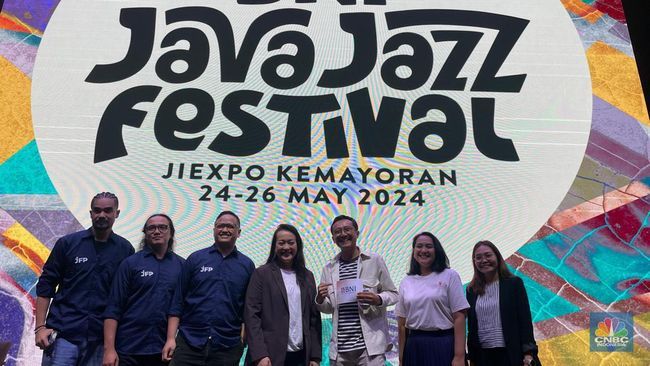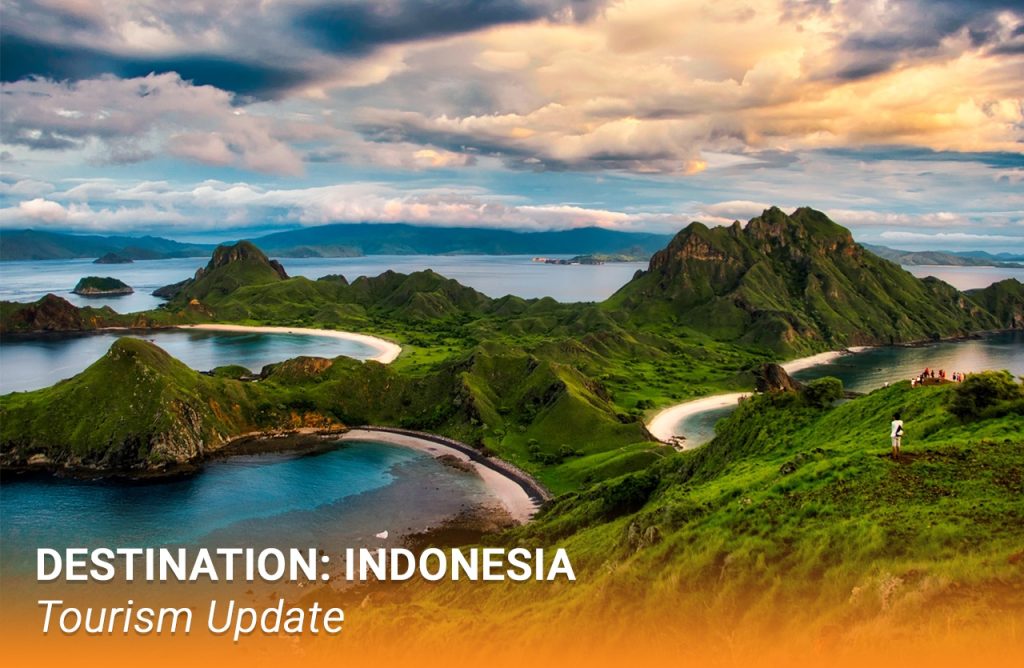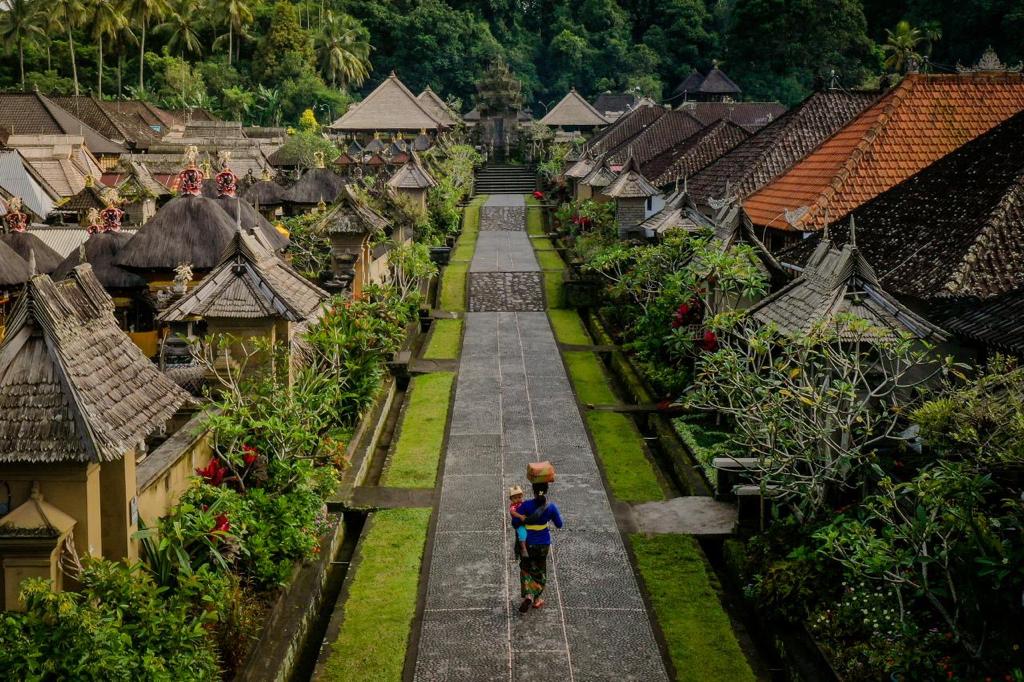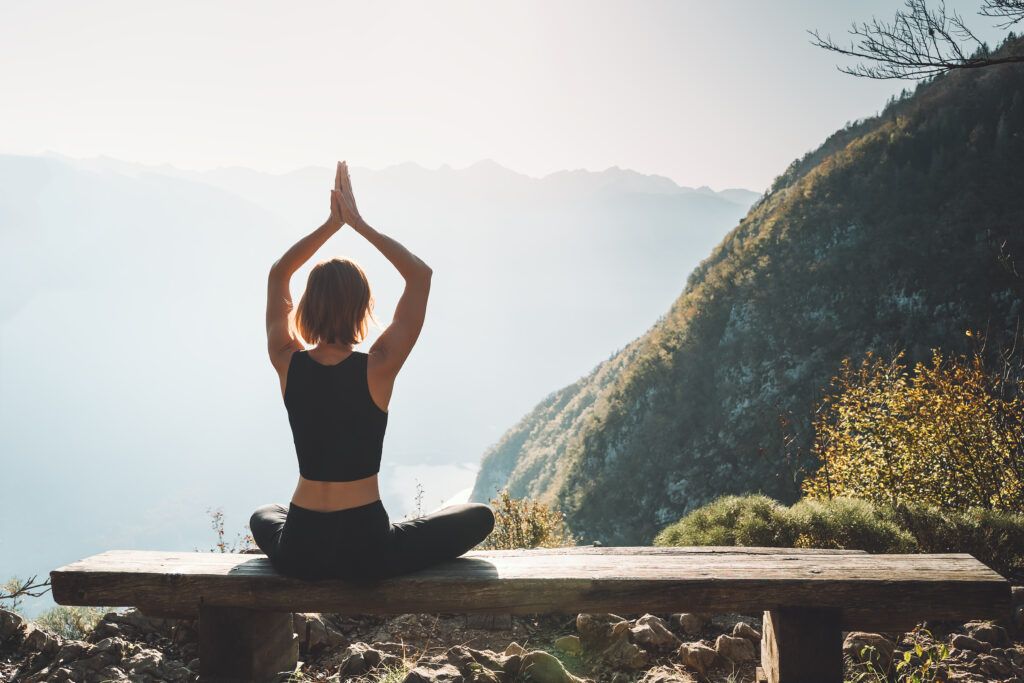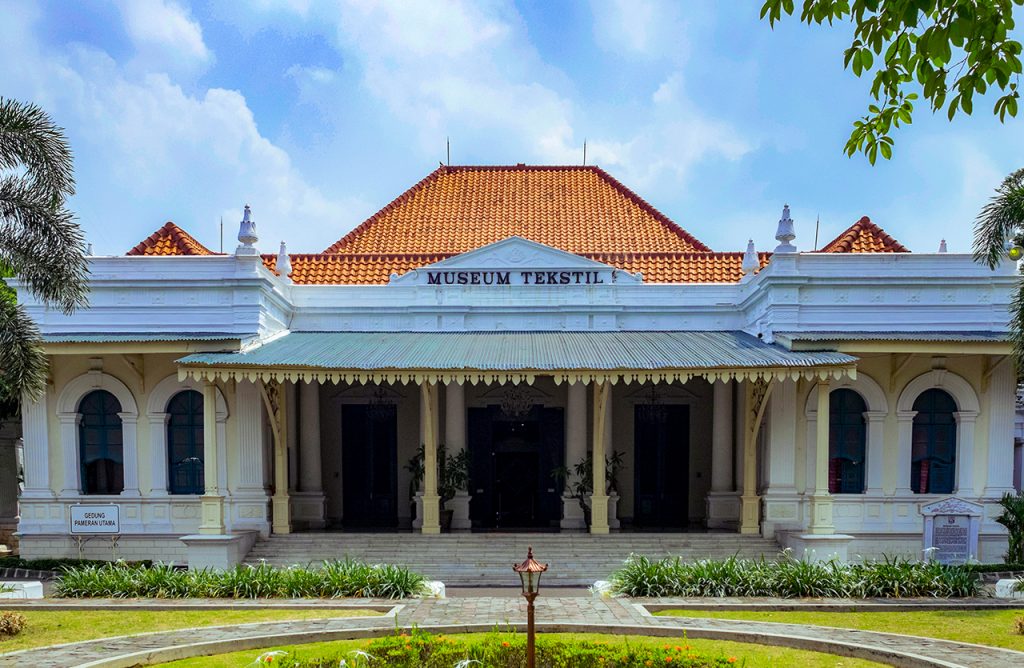
As COVID-19 restrictions are gradually lifted across Jakarta, officials in the capital have decided to reopen a range of museums and public green spaces to the public. Many attractions in the city had been closed since March due to concerns over the coronavirus; as they cautiously reopen their doors this week, Indonesian tourism takes a promising step towards business as usual.
Starting this weekend and continuing throughout the week, Jakarta’s public green spaces, such as parks, city forests, historic cemeteries and zoos, will welcome back limited numbers of visitors. The city administration opened 16 city parks on Saturday (13/6), including Lapangan Banteng Park in Central Jakarta, Tebet Park and Tabebuya Park in South Jakarta, Bintaro Park and Sungai Kendal Park in North Jakarta, Bambu Park and Piknik Park in East Jakarta, as well as Green Garden Park in West Jakarta.
Several museums run by the city administration, such as the Taman Prasasti (Memorial Stone or Inscription Park) Museum, the Maritime Museum, the Textile Museum and the Betawi Cultural Village, will also welcome back members of the public this week. The National Gallery of Indonesia, which is traditionally the city’s busiest museum, plans to reopen on 16th June, after being closed since 17th March in response to the pandemic.
Ragunan Zoo will welcome back visitors from Saturday, 20th June, although some attractions will remain closed and visiting hours will be shorter than usual (8am to 1pm). The number of visitors will also be limited to a maximum of 1,000 people, while tickets will only be available for purchase online, to avoid queuing and physical contact at the site.
In addition to alternative ticketing systems, the city-wide reopening of parks, museums, galleries and zoos comes with several provisos to ensure the safety of visitors and safeguard against the potential spread of COVID-19; many sites are adopting a combination of physical distancing, personal protective equipment (PPE) and cleaning measures.
The National Gallery of Indonesia has implemented temperature screening stations and installed sinks so visitors can wash their hands before entering buildings, and is regularly cleaning and sterilizing all exhibition, waiting and storage rooms.
“We will apply the standard health protocols for visitors and staffers,” says Pustanto, who is museum director. “There will be new norms to adopt as we appreciate the artwork in this new way of living, in a different set of rules,” he added.
Suzi Marzitawati, who is Head of the Jakarta Parks and Forestry Agency, struck a similarly cautious tone with regards to open spaces in a public statement issued on Friday 12/6). “We still need to enforce several restrictions to make sure the reopened public spaces won’t become clusters of virus transmission,” she said.
The agency will proceed with caution and has not ruled out further closures if deemed necessary. “We will continuously evaluate the reopening by looking at the COVID-19 transmission rate,” said Suzi. “If the situation gets better, we will open more public spaces. Otherwise, we’ll close them again,” she added.
When visiting parks and green spaces, visitors will be required to wear masks at all times, maintain an interpersonal distance of at least 2 metres and bring hand sanitizer. Capacity will also be limited to 50%. Temperature screening checks will be put in place at entry points, with anyone registering a body temperature above 37.5 degrees Celsius denied entry. Anyone aged over 60, children under 10 and people with pre-existing medical conditions are also being dissuaded from visiting for the time being.
Jakarta is home to over 70 museums and numerous parks and outdoor spaces. Many of these popular daytrip destinations were the first to close when COVID-19 first appeared in Indonesia in March, and have remained shuttered to the public ever since. Their reopening indicates Indonesia is getting back to its feet, and a bellwether for further progress in the tourism sector. The renewed availability of outdoor venues and cultural-historical attractions is also a much-needed breath of fresh air for city residents.
Panorama Destination will continue to monitor the news from Indonesia, along with COVID-19 developments relevant to the tourism industry from Thailand, Malaysia and Vietnam. For the latest updates, please check our social media channels:
